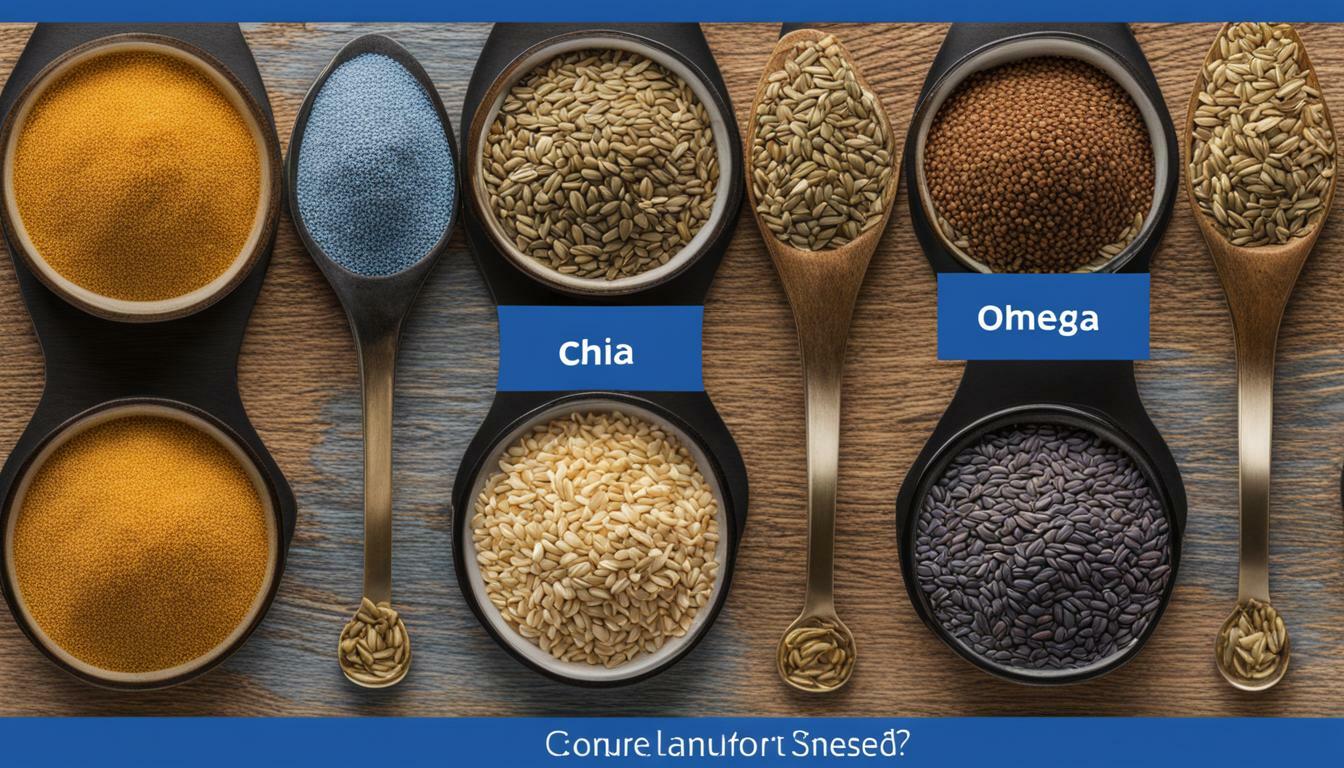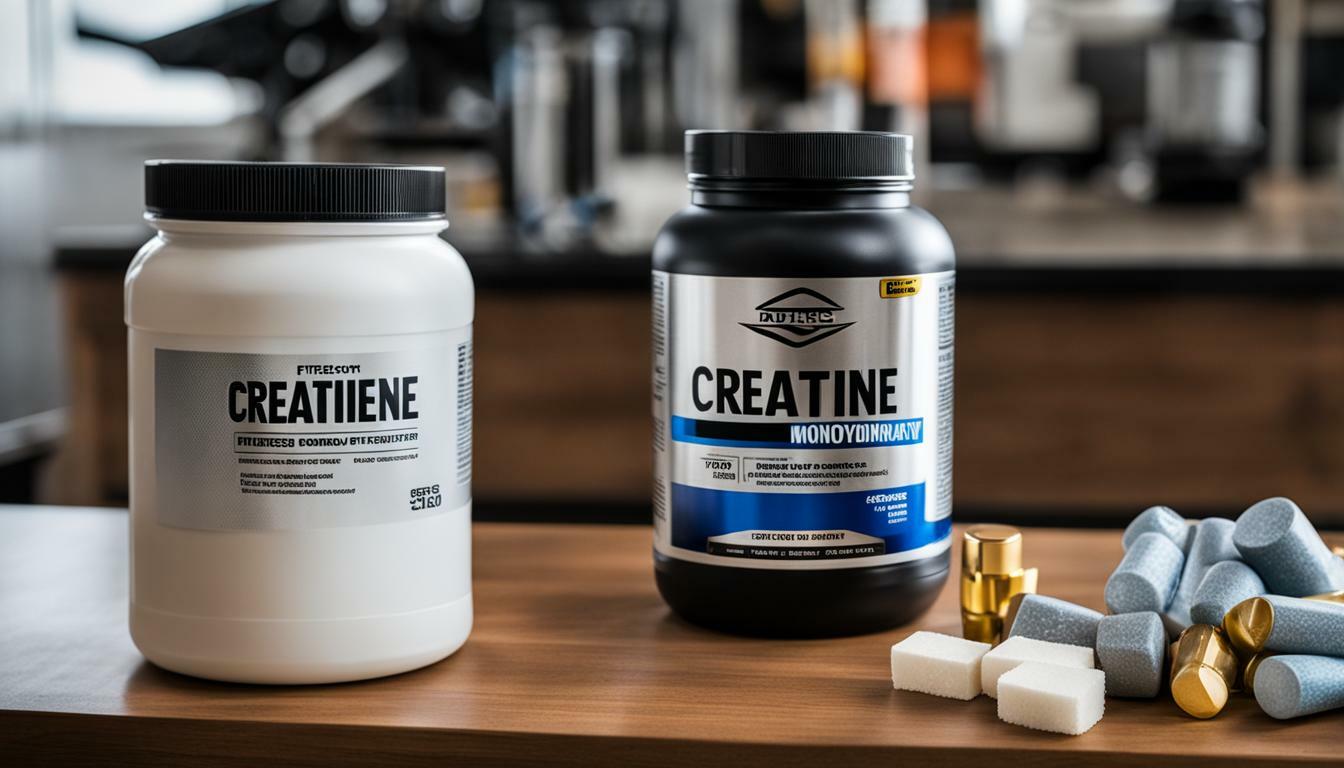Vitamin K is a group of fat-soluble vitamins that play important roles in blood clotting, bone health, and heart health. The two main forms of vitamin K found in the human diet are vitamin K1 and vitamin K2. Vitamin K1, also known as phylloquinone, is primarily found in plant foods like leafy green vegetables. Vitamin K2 is found in fermented foods, animal products, and is produced by gut bacteria. Vitamin K2 has several subtypes called menaquinones (MKs) that vary in length and are named accordingly. Vitamin K1 is poorly absorbed by the body, while vitamin K2 is believed to have better absorption due to its presence in foods that contain fat. Vitamin K2 also has a longer circulation time in the blood compared to K1, allowing it to be better utilized in tissues throughout the body.
Both forms of vitamin K have been found to have health benefits, including blood clotting, bone health, and heart health. Vitamin K2, particularly MK-7, has been suggested to have a greater impact on heart health compared to K1. True vitamin K deficiency is rare in healthy adults, but inadequate intake of vitamin K may affect heart health and bone disorders like osteoporosis.
The recommended daily intake for vitamin K is 90 mcg/day for adult women and 120 mcg/day for adult men, primarily based on vitamin K1. However, there are no specific recommendations for vitamin K2 intake. To ensure adequate vitamin K intake, individuals can incorporate vitamin K-rich foods into their diet, such as leafy green vegetables, fermented foods, animal products, and certain cheeses. Taking vitamin K2 with calcium may have benefits for both bone health and prevention of calcium build-up in arteries. Vitamin K supplements should be used cautiously by individuals taking blood-thinning medications as they can impact blood clotting.
Overall, more research is needed to fully understand the differences and benefits of vitamin K1 and K2.
Key Takeaways:
- Vitamin K1 and K2 are the two main forms of vitamin K found in the human diet.
- Vitamin K1 is primarily found in plant foods, while vitamin K2 is found in fermented foods, animal products, and is produced by gut bacteria.
- Vitamin K2 is believed to have better absorption and longer circulation time in the blood compared to K1.
- Both forms of vitamin K have health benefits, including blood clotting, bone health, and heart health.
- Vitamin K2, particularly MK-7, may have a greater impact on heart health compared to K1.
What is Vitamin K1?
Vitamin K1, also known as phylloquinone, is a fat-soluble vitamin that is primarily found in plant foods like leafy green vegetables. It plays a crucial role in blood clotting, as it helps activate proteins that are necessary for the coagulation process. In addition to its role in blood clotting, vitamin K1 also contributes to bone health by assisting in the production of proteins that are important for bone formation.
Leafy green vegetables such as spinach, kale, and collard greens are excellent sources of vitamin K1. Other plant-based sources include broccoli, Brussels sprouts, and parsley. Incorporating these foods into your diet can help ensure an adequate intake of vitamin K1. The recommended daily intake for adults is 90 mcg for women and 120 mcg for men.
In addition to its benefit for blood clotting and bone health, vitamin K1 may have other potential health benefits. Some studies suggest that it may help reduce the risk of heart disease and improve insulin sensitivity. However, more research is needed to fully understand these potential benefits.
| Food Sources of Vitamin K1: | Vitamin K1 Content (per 100g) |
|---|---|
| Kale | 817 mcg |
| Spinach | 482 mcg |
| Collard Greens | 418 mcg |
| Parsley | 164 mcg |
Adding vitamin K1-rich foods to your diet is a simple and effective way to ensure you are meeting your daily requirements. However, it is important to note that excessive intake of vitamin K1 through supplementation may interfere with certain medications, particularly blood-thinning medications. Therefore, it is always best to consult with a healthcare professional before adding any supplements to your routine.
What is Vitamin K2?
Vitamin K2 is found in fermented foods, animal products, and is produced by gut bacteria. It is a subcategory of vitamin K, a group of fat-soluble vitamins that play crucial roles in various bodily functions. While vitamin K1 is mainly derived from plant-based sources, vitamin K2 is present in animal-based foods and undergoes a different process of absorption and circulation in the body.
Unlike vitamin K1, which is poorly absorbed by the body, vitamin K2 demonstrates a higher absorption rate due to its presence in foods that contain fat. This makes it more readily available for utilization in tissues throughout the body. Additionally, vitamin K2 has a longer circulation time in the blood compared to K1, further enhancing its effectiveness.
The health benefits of vitamin K2 are similar to those of vitamin K1. Vitamin K, as a whole, plays a vital role in blood clotting, bone health, and heart health. However, some studies suggest that vitamin K2, particularly MK-7, may have a greater impact on heart health compared to vitamin K1. Further research is needed to fully understand the differences and benefits of these two forms of vitamin K.
To incorporate vitamin K2 into your diet, you can include foods such as fermented foods, animal products, and certain cheeses. These dietary sources can provide a sufficient amount of vitamin K2 to support overall health. However, it is important to note that there are no specific recommendations for vitamin K2 intake. The recommended daily intake for vitamin K is primarily based on vitamin K1, with recommended values of 90 mcg/day for adult women and 120 mcg/day for adult men.
Absorption and Circulation Differences
Vitamin K1 is poorly absorbed by the body, while vitamin K2 is believed to have better absorption due to its presence in foods that contain fat. This difference in absorption is primarily due to the chemical structure of the two forms of vitamin K. Vitamin K1 is tightly bound to the chloroplasts in plant cells, making it less bioavailable for absorption. On the other hand, vitamin K2 is found in foods that naturally contain fat, which enhances its absorption and utilization by the body.
The circulation time of vitamin K1 and K2 also differs. After absorption, vitamin K1 is quickly taken up by the liver, where it is used primarily for blood clotting. Once used, any excess vitamin K1 is excreted in the bile. This short circulation time limits vitamin K1’s availability for other tissues in the body. In contrast, vitamin K2 has a longer circulation time in the blood, allowing it to be better utilized by different tissues. This longer circulation time may be one of the reasons why vitamin K2, especially the subtype MK-7, has been shown to have a greater impact on heart health compared to vitamin K1.
To summarize, vitamin K1 is poorly absorbed by the body and quickly taken up by the liver for blood clotting purposes. In contrast, vitamin K2 is believed to have better absorption due to its presence in fat-containing foods and has a longer circulation time in the blood, allowing it to be better utilized in tissues throughout the body.
| Vitamin K1 | Vitamin K2 |
|---|---|
| Poorly absorbed | Better absorption due to presence in fat-containing foods |
| Quickly taken up by the liver | Longer circulation time in the blood |
| Primarily used for blood clotting | Wider utilization in different tissues |
Health Benefits of Vitamin K1 and K2
Both forms of vitamin K have been found to have health benefits, including blood clotting, bone health, and heart health.
Vitamin K1 primarily plays a role in blood clotting, as it is necessary for the production of certain proteins that regulate coagulation. It helps to form blood clots to prevent excessive bleeding when an injury occurs. Vitamin K1 is also involved in maintaining bone health by assisting in the production of osteocalcin, a protein that helps bind calcium to the bone matrix. This is crucial for maintaining strong and healthy bones, reducing the risk of fractures and osteoporosis.
Vitamin K2, on the other hand, has been shown to have unique benefits for heart health. Specifically, the subtype MK-7 has been suggested to play a role in preventing arterial calcification, which is the build-up of calcium in the arteries. By inhibiting the accumulation of calcium in the arterial walls, vitamin K2 may help prevent the development of cardiovascular diseases, such as heart attacks and strokes.
To further support bone health, vitamin K2 works synergistically with calcium and vitamin D. It helps direct calcium to the bones and teeth, preventing it from depositing in soft tissues or arteries. This combination is essential for maintaining strong bones and preventing unwanted calcium build-up in arteries, reducing the risk of cardiovascular diseases.
| Vitamin K1 Benefits | Vitamin K2 Benefits |
|---|---|
|
|
It’s important to note that both forms of vitamin K have their own unique benefits and are necessary for optimal health. Incorporating vitamin K-rich foods, such as leafy green vegetables, fermented foods, and certain animal products, into your diet can help ensure an adequate intake of both vitamin K1 and K2. However, if you’re considering vitamin K supplementation or have any underlying health conditions, it’s always best to consult with a healthcare professional to determine the appropriate dosage and usage.
Vitamin K2 and Heart Health
Vitamin K2, particularly MK-7, has been suggested to have a greater impact on heart health compared to K1. Research has shown that vitamin K2 plays a crucial role in preventing the calcification of arteries, a process that can lead to heart disease. MK-7, a subtype of vitamin K2, has been found to activate a protein called matrix GLA protein (MGP) that helps inhibit the deposition of calcium in arterial walls. This mechanism may help reduce the risk of cardiovascular events such as heart attacks and strokes.
In addition to its role in preventing artery calcification, vitamin K2 has also been associated with improved arterial elasticity, which is important for maintaining healthy blood flow and reducing the risk of hypertension. Arterial stiffness is a common marker of cardiovascular disease, and studies have suggested that higher intake of vitamin K2 is associated with lower arterial stiffness.
It is important to note that while vitamin K2 shows promising potential for heart health, more research is needed to fully understand its mechanisms and effectiveness. The optimal dosage and duration of supplementation have not been definitively determined, and individual responses may vary. It is recommended to consult with a healthcare professional before starting any supplementation regimen, especially if you are on blood-thinning medications.
| Food Source | Vitamin K2 Content (mcg per 100g) |
|---|---|
| Natto | 1,103 |
| Hard Cheeses (e.g., Gouda, Edam) | 76-262 |
| Grass-Fed Meat (e.g., Beef, Chicken) | 3-8 |
| Egg Yolks | 15-32 |
To increase your vitamin K2 intake, you can incorporate foods such as natto, a fermented soybean dish, hard cheeses like Gouda or Edam, grass-fed meat, and egg yolks into your diet. These foods are rich sources of vitamin K2 and can help support heart health and overall well-being.
Vitamin K and Deficiency Risk
True vitamin K deficiency is rare in healthy adults, but inadequate intake of vitamin K may affect heart health and bone disorders like osteoporosis. Vitamin K plays a crucial role in blood clotting, and a deficiency can lead to increased risk of abnormal bleeding. However, most people can meet their vitamin K needs through a balanced diet.
Leafy green vegetables, such as spinach and kale, are excellent sources of vitamin K1. Consuming these foods regularly can help ensure adequate vitamin K intake. Additionally, vitamin K2, which is produced by gut bacteria and found in fermented foods, animal products, and certain cheeses, can further contribute to vitamin K levels in the body.
| Vitamin K1 Food Sources | Vitamin K2 Food Sources |
|---|---|
|
|
While vitamin K deficiency is rare, certain individuals may be at a higher risk. Newborns, especially those who are exclusively breastfed, have a higher risk of vitamin K deficiency because breast milk contains low levels of vitamin K. To mitigate this risk, newborns often receive a vitamin K injection shortly after birth.
In conclusion, while true vitamin K deficiency is uncommon in healthy adults, it is important to ensure an adequate intake of vitamin K to support heart health and bone health. Incorporating vitamin K-rich foods into your diet, such as leafy green vegetables and fermented foods, can help meet your vitamin K needs. If you have concerns about your vitamin K levels, it is always best to consult with a healthcare professional.
Recommended Intake and Food Sources
The recommended daily intake for vitamin K is 90 mcg/day for adult women and 120 mcg/day for adult men, primarily based on vitamin K1. It is important to note that there are no specific recommendations for vitamin K2 intake. However, to ensure adequate vitamin K intake, individuals can incorporate vitamin K-rich foods into their diet. Both vitamin K1 and vitamin K2 can be obtained from a variety of sources.
Vitamin K1 Sources:
Vitamin K1 is primarily found in plant-based foods, particularly leafy green vegetables. These include:
- Kale
- Spinach
- Broccoli
- Brussels sprouts
These vegetables are not only rich in vitamin K1 but also provide other essential nutrients for overall health.
Vitamin K2 Sources:
Vitamin K2 is found in fermented foods, animal products, and some cheeses. Some common dietary sources of vitamin K2 include:
- Natto (fermented soybeans)
- Hard cheeses, such as Gouda and Brie
- Egg yolks
- Butter
- Chicken liver
Incorporating these foods into your diet can help ensure an adequate intake of both vitamin K1 and vitamin K2.
It is worth mentioning that taking vitamin K2 alongside calcium may have added benefits for both bone health and prevention of calcium build-up in arteries. However, it is important to speak with a healthcare professional before starting any new supplements, especially if you are taking blood-thinning medications, as vitamin K can impact blood clotting.
| Vitamin K1 Sources | Vitamin K2 Sources |
|---|---|
| Kale | Natto (fermented soybeans) |
| Spinach | Hard cheeses, such as Gouda and Brie |
| Broccoli | Egg yolks |
| Brussels sprouts | Butter |
| Chicken liver |
Conclusion
In conclusion, vitamin K1 and K2 have distinct differences in absorption, circulation, and potential health benefits, but more research is needed to fully understand their roles in overall health.
Vitamin K1, primarily found in plant foods, and vitamin K2, found in fermented foods and animal products, have different absorption rates. While vitamin K1 is poorly absorbed by the body, vitamin K2 is believed to have better absorption due to its presence in fat-containing foods. Additionally, vitamin K2 has a longer circulation time in the blood compared to K1, allowing it to be better utilized in tissues throughout the body.
Both vitamin K1 and K2 have been found to play important roles in blood clotting, bone health, and heart health. However, vitamin K2, particularly the subtype MK-7, has been suggested to have a greater impact on heart health compared to K1.
While true vitamin K deficiency is rare in healthy adults, inadequate intake of vitamin K may impact heart health and contribute to bone disorders like osteoporosis. The recommended daily intake for vitamin K is primarily based on vitamin K1, with no specific recommendations for vitamin K2. To ensure adequate vitamin K intake, individuals can incorporate vitamin K-rich foods into their diet, such as leafy green vegetables, fermented foods, animal products, and certain cheeses. Taking vitamin K2 supplements with calcium may provide benefits for both bone health and the prevention of calcium build-up in arteries. However, individuals taking blood-thinning medications should use vitamin K supplements cautiously, as they can impact blood clotting.
In summary, vitamin K1 and K2 have unique characteristics and potential health benefits. However, further research is needed to fully understand the differences and benefits of these two forms of vitamin K. By incorporating vitamin K-rich foods into a balanced diet and consulting with healthcare professionals, individuals can optimize their vitamin K intake and support their overall health.
FAQ
Q: What is the difference between vitamin K1 and vitamin K2?
A: Vitamin K1 and vitamin K2 are two different forms of vitamin K. Vitamin K1, also known as phylloquinone, is primarily found in plant foods like leafy green vegetables. Vitamin K2, on the other hand, is found in fermented foods, animal products, and is produced by gut bacteria.
Q: What are the benefits of vitamin K1?
A: Vitamin K1 plays a crucial role in blood clotting, bone health, and heart health. It is primarily found in plant foods like leafy green vegetables.
Q: What are the benefits of vitamin K2?
A: Vitamin K2, particularly MK-7, has been suggested to have a greater impact on heart health compared to vitamin K1. It also plays a role in blood clotting and bone health. Vitamin K2 is found in fermented foods, animal products, and is produced by gut bacteria.
Q: How are vitamin K1 and vitamin K2 absorbed and circulated in the body?
A: Vitamin K1 is poorly absorbed by the body, while vitamin K2 is believed to have better absorption due to its presence in foods that contain fat. Vitamin K2 also has a longer circulation time in the blood compared to K1, allowing it to be better utilized in tissues throughout the body.
Q: What are the health benefits of vitamin K1 and vitamin K2?
A: Both vitamin K1 and vitamin K2 have been found to have health benefits, including blood clotting, bone health, and heart health.
Q: Can vitamin K2 have a greater impact on heart health?
A: Some studies suggest that vitamin K2, particularly MK-7, may have a greater impact on heart health compared to vitamin K1. However, more research is needed to fully understand this relationship.
Q: Is true vitamin K deficiency common?
A: True vitamin K deficiency is rare in healthy adults. However, inadequate intake of vitamin K may affect heart health and bone disorders like osteoporosis.
Q: What is the recommended daily intake of vitamin K?
A: The recommended daily intake for vitamin K is 90 mcg/day for adult women and 120 mcg/day for adult men, primarily based on vitamin K1. There are no specific recommendations for vitamin K2 intake.
Q: How can I ensure adequate vitamin K intake?
A: To ensure adequate vitamin K intake, you can incorporate vitamin K-rich foods into your diet. These include leafy green vegetables, fermented foods, animal products, and certain cheeses.
Q: Can taking vitamin K2 with calcium have benefits for bone health?
A: Taking vitamin K2 with calcium may have benefits for both bone health and prevention of calcium build-up in arteries. However, it is always best to consult with a healthcare professional before starting any new supplements.
Q: Can vitamin K supplements impact blood clotting?
A: Yes, vitamin K supplements can impact blood clotting. Individuals taking blood-thinning medications should use vitamin K supplements cautiously and consult with their healthcare provider before starting any new supplements.
Source Links
- https://naturalmedicines.therapeuticresearch.com/news/news-items/2019/may/vitamin-k1-vs-k2-what-you-should-know.aspx
- https://agnroots.com/blogs/articles-info/vitamin-k1-vs-k2-the-differences-explained
- https://www.healthline.com/nutrition/vitamin-k1-vs-k2
Sources:
- Booth SL. Roles for vitamin K beyond coagulation. Annu Rev Nutr. 2009;29:89-110. doi:10.1146/annurev-nutr-080508-141217.
- Geleijnse JM, Vermeer C, Grobbee DE, et al. Dietary intake of menaquinone is associated with a reduced risk of coronary heart disease: the Rotterdam Study. J Nutr. 2004;134(11):3100-3105. doi:10.1093/jn/134.11.3100.
- Kaneki M. Vitamin K: an old vitamin in a new perspective. In: Litwack G, ed. Vitamins & Hormones. Vol 78. Academic Press; 2008:131-156. doi:10.1016/S0083-6729(07)00005-3.
 Skip to main content
Skip to main content


